Filter by
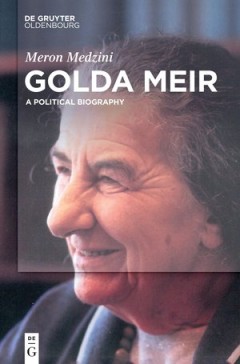
Golda Meir : A Political Biography
For five decades Golda Meir was at the center of the political arena in Israel and left her mark on the development of the Yishuv and the state. She was a unique woman, great leader, with a magnetic personality, a highly complex individual. She held some of the most important positions that her party and the State could bestow. She fulfilled most of them with talent and dignity. She failed in t…
- Edition
- -
- ISBN/ISSN
- 978-3-11-048979-8
- Collation
- -
- Series Title
- -
- Call Number
- 923.2 MED g
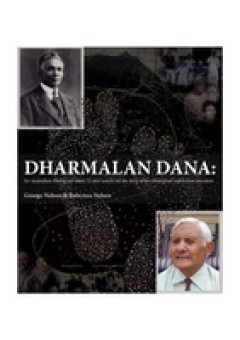
Dharmalan Dana
A Yorta Yorta man’s seventy-three-year search for the story of his Aboriginal and Indian ancestors including his Indian Grampa who, as a real mystery man, came to Yorta Yorta country in Australia, from Mauritius, in 1881 and went on to leave an incredible legacy for Aboriginal Australia. This story is written through George Nelson’s eyes, life and experiences, from the time of his earliest …
- Edition
- -
- ISBN/ISSN
- 9781925021493
- Collation
- -
- Series Title
- -
- Call Number
- -
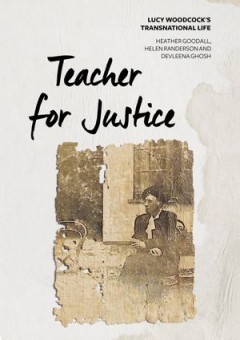
Teacher for Justice Lucy Woodcock's Transnational Life
"‘Teacher for Justice is a major contribution to the history of the women’s movement, working‑class activism and Australian political internationalism. But it is more than this. By focusing on the life of Lucy Woodcock – an unrecognised and under-researched figure – this book rewrites the history of twentieth-century Australia from the perspective of an activist who challenged convent…
- Edition
- -
- ISBN/ISSN
- 9781760463045
- Collation
- -
- Series Title
- -
- Call Number
- -
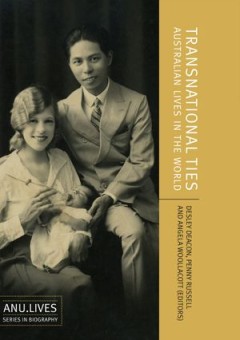
Transnational Ties Australian Lives in the World
Australian lives are intricately enmeshed with the world, bound by ties of allegiance and affinity, intellect and imagination. In Transnational Ties: Australian Lives in the World, an eclectic mix of scholars—historians, literary critics, and museologists—trace the flow of people that helped shape Australia’s distinctive character and the flow of ideas that connected Australians to a glob…
- Edition
- -
- ISBN/ISSN
- 9781921536212
- Collation
- -
- Series Title
- -
- Call Number
- -
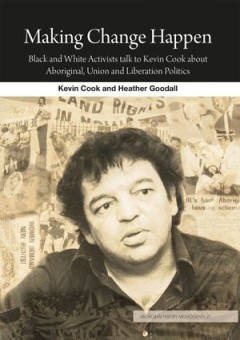
Making Change Happen: Black and White Activists talk to Kevin Cook about Abor…
This book is a unique window into a dynamic time in the politics and history of Australia. The two decades from 1970 to the Bicentennial in 1988 saw the emergence of a new landscape in Australian Indigenous politics. There were struggles, triumphs and defeats around land rights, community control of organisations, national coalitions and the international movement for Indigenous rights. The cha…
- Edition
- -
- ISBN/ISSN
- 9781921666728
- Collation
- -
- Series Title
- -
- Call Number
- 920 GOO m
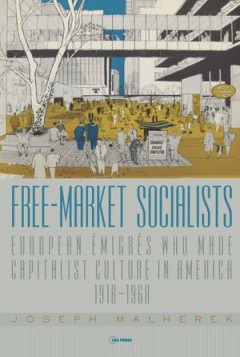
Free-Market Socialists : European Émigrés Who Made Capitalist Culture in Am…
The Hungarian artist-designer László Moholy-Nagy, the Austrian sociologist Paul Lazarsfeld, and his fellow Viennese Victor Gruen—an architect and urban planner—made careers in different fields. Yet they shared common socialist politics, Jewish backgrounds, and experience as refugees from the Nazis. This book tells the story of their intellectual migration from Central Europe to the United…
- Edition
- -
- ISBN/ISSN
- 9789633864487
- Collation
- -
- Series Title
- -
- Call Number
- -
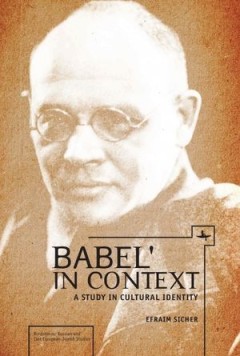
Babel' In Context A Study in Cultural Identity
Isaak Babel (1894–1940) is arguably one of the greatest modern short story writers of the early twentieth century. Yet his life and work are shrouded in the mystery of who Babel was—an Odessa Jew who wrote in Russian, who came from one of the most vibrant centers of east European Jewish culture and all his life loved Yiddish and the stories of Sholom Aleichem. This is the first book in Engl…
- Edition
- -
- ISBN/ISSN
- 9781618118530
- Collation
- -
- Series Title
- -
- Call Number
- -

Babel' in Context : A Study in Cultural Identity
Isaak Babel (1894–1940) is arguably one of the greatest modern short story writers of the early twentieth century. Yet his life and work are shrouded in the mystery of who Babel was—an Odessa Jew who wrote in Russian, who came from one of the most vibrant centers of east European Jewish culture and all his life loved Yiddish and the stories of Sholom Aleichem. This is the first book in Engl…
- Edition
- -
- ISBN/ISSN
- 9781618118530
- Collation
- -
- Series Title
- -
- Call Number
- 928 SIC b
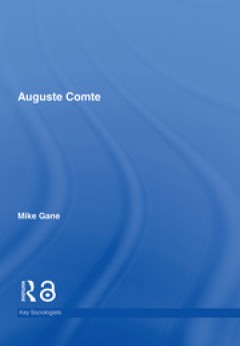
Auguste Comte
Auguste Comte is widely acknowledged as the founder of the science of sociology and the 'Religion of Humanity'. In this fascinating study, the first major reassessment of Comte’s sociology for many years, Mike Gane draws on recent scholarship and presents a new reading of this remarkable figure. Comte’s contributions to the history and philosophy of science have decisively influenced positi…
- Edition
- -
- ISBN/ISSN
- 978–0–415–38542–8
- Collation
- -
- Series Title
- -
- Call Number
- 923.6 GAN a
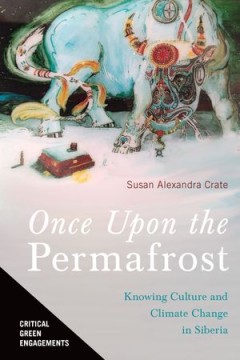
Once Upon the Permafrost: Knowing Culture and Climate Change in Siberia
Once Upon the Permafrost is a longitudinal climate ethnography about “knowing” a specific culture and the ecosystem that culture physically and spiritually depends on in the twenty-first-century context of climate change. The author, anthropologist Susan Alexandra Crate, has spent three decades working with Sakha, the Turkic-speaking horse and cattle agropastoralists of northeastern Siberia…
- Edition
- -
- ISBN/ISSN
- 9780816541546
- Collation
- -
- Series Title
- -
- Call Number
- 301 CRA o
 Computer Science, Information & General Works
Computer Science, Information & General Works  Philosophy & Psychology
Philosophy & Psychology  Religion
Religion  Social Sciences
Social Sciences  Language
Language  Pure Science
Pure Science  Applied Sciences
Applied Sciences  Art & Recreation
Art & Recreation  Literature
Literature  History & Geography
History & Geography